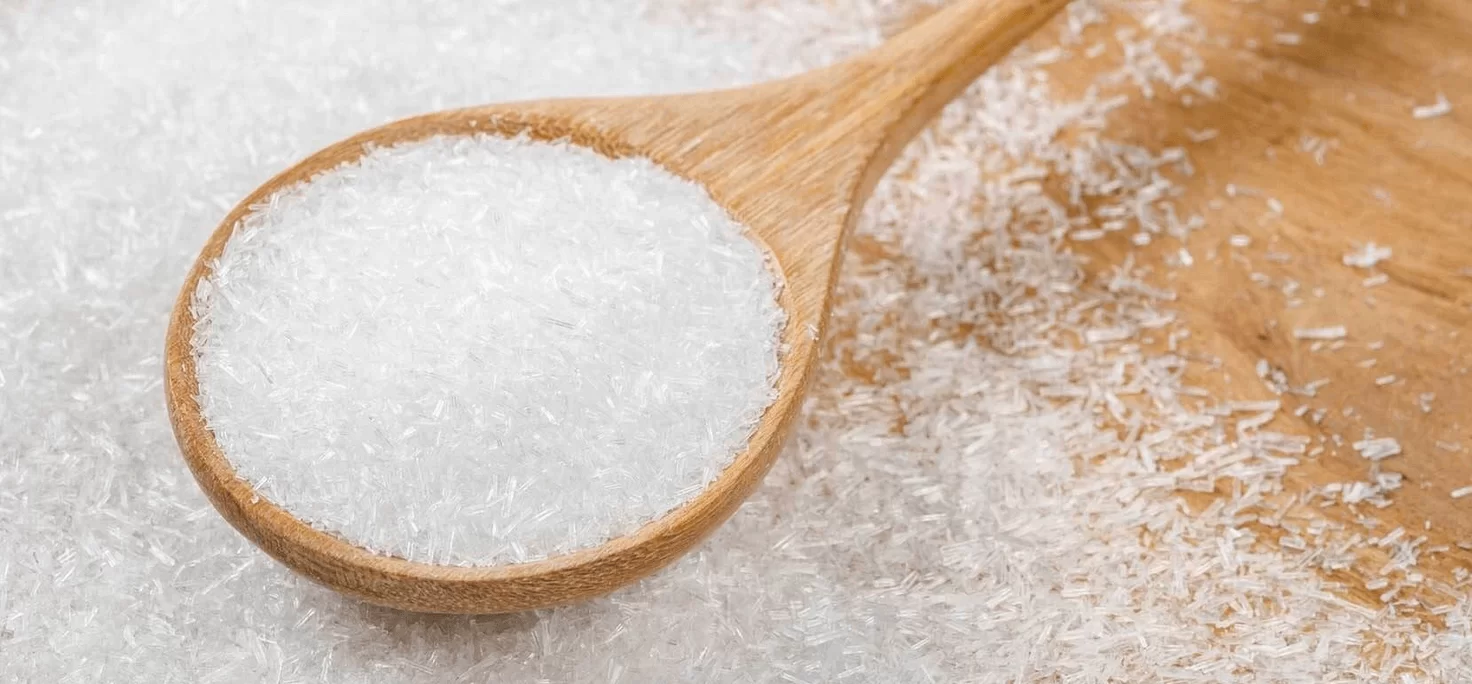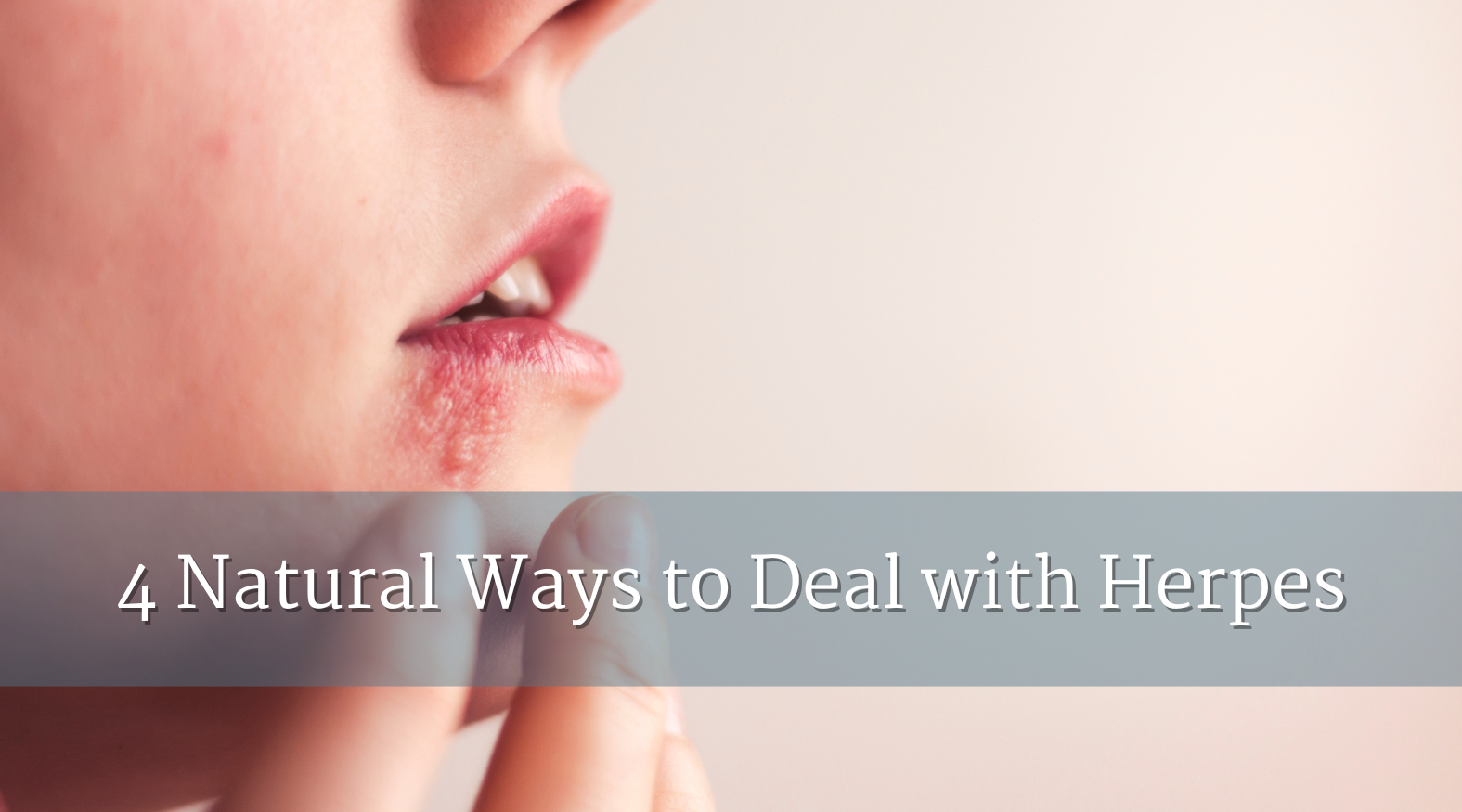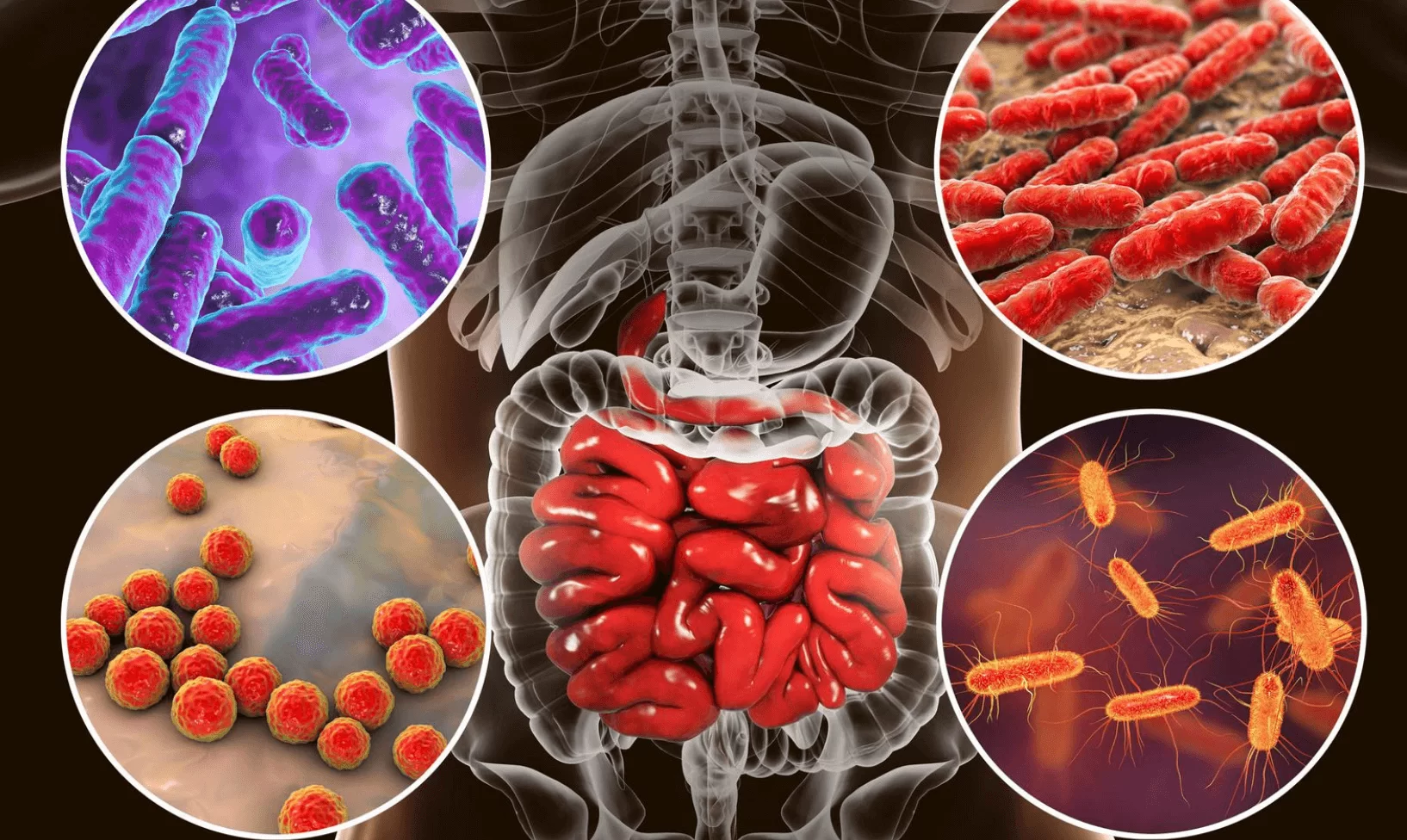
The sad truth is that carcinogens (substances that cause cancer) are extremely difficult to avoid in daily human life. If you were to be vigilant, you wouldn’t even be able to wash your hands in a public toilet. There are so many toxic chemicals being sold as everyday household products, almost none of which have been created with safety in mind.
Some of these cancer-causing agents lurk in home items and products that you may not even have considered as a possible risk. It pays to be aware of these dangers as they're not exactly advertised, for reasons that may be quite obvious if you follow the money.
Which everyday products cause c.ancer?
Artificial sweeteners and c.ancer
Yes, sugar is bad and should be avoided – difficult as that can be. Don’t be fooled though: most sugar substitutes are not better than sugar at all. They are highly dangerous chemicals that can actually trigger more cravings for sugar.
Some of the most common chemical sweeteners are Aspartame, a neurotoxin linked to cancer and brain damage; Acesulfame K, thought to be carcinogenic and dangerous to pregnant women; sorbitol, an indigestible toxin that will bloat your gut and cause wind or diarrhea, and; saccharin, another indigestible, infamous sweetener known to cause cancer of the bladder, among other things. Such sweeteners are lurking in so many ‘everyday foods, like chewing gum, diet drinks and other ‘sugar-free’ items.
You can get healthy sweeteners. Some people prefer to use agave, yacon syrup, raw honey, stevia or xylitol. The less refined they are the better, and they certainly taste better than some of these artificial ones that leave a chemical aftertaste.
Stevia lowers blood pressure and has blood sugar-lowering capabilities (also check out Erythritol, another that’s suitable for diabetics). Xylitol prevents acid attacks on the teeth, fights yeast in the gut, has a low GI and can even improve bone density. Yacon syrup promotes friendly bacteria in the gut, and so aids digestion.
As with many products, the jury is out and there is a lot of conflicting info. Our advice would be to use the natural options, but even with them, do your research and listen to your body. What sits well with it?
Kitchen cookware and storage containers
This is now a widely acknowledged problem; the plastics industry have responded by offering up BPA-free options. BPA is short for Bisphenol A, one of the agents that harden plastic. It is thought to negatively impact the prostate gland in unborn babies and newborns, as well as children.
Glass bottles are a much safer bet; although heavier and more expensive, glass does not leach chemicals into your food and drink. Don’t think that aluminium is a good substitute; it comes with its own set of dangers. The toxins in aluminium have been linked to Parkinson’s and Alzheimer’s. Heavy metal poisoning is another problem to be aware of. The plastic industry is also detrimental to the environment, making glass a much more eco-friendly choice.
Non-stick pans are another problem. There is more awareness about this than there used to be, but it is worth remembering and replacing these pans. Convenient for cooking they may be, but in reality, having to deal with cancer due to an accumulation of toxins in the body makes them a risk you can’t afford to take.
While you’re happily cooking away, the coating on these pans is leaching nasty carcinogens into your food. It is much more sensible to use glass or ceramic cookware, as these don’t release toxic chemicals.
Personal care product and c.ancer
By now you may have heard the debate over fluoride. If you’ve done your research, you may by now have ditched the fluoride toothpaste. The irony is that on the box, you will be urged to contact a medical professional if you swallow some. That’s a screaming alarm bell if ever there was one – how is the product safe to put in your mouth if it’s dangerous to swallow it?
Fluoride has been shown to actually cause cavities (as well as damage your thyroid), and it isn’t the only nasty found in toothpaste either. Triclosan and saccharin are other carcinogenic chemicals found in commercial toothpaste. Saccharin we mentioned above, and triclosan disrupts hormones, promote cancer growth, drug-resistant bacteria and infertility.
There are natural options available in health food stores that have far more benefits for your teeth, and you can use simple bicarbonate, or coconut oil to keep your teeth clean cheaply and easily.
Many high street shampoos are full of chemicals too, especially the anti-dandruff varieties. Many contain sodium lauryl sulfate (SLS), a foaming agent and known carcinogen. There is a range of other chemicals such as methylchloroisothiazolinone, 1,4-dioxane and ammonium laureth sulfate, all of which you will want nowhere near your skin.
Antibacterial products also set off alarms: yes, they kill germs. But the triclosan in it is killing you. Health food stores have a range of natural, cruelty-free soaps made without nasty chemicals, such as those by Faith in Nature.
Cleaning products and chemical air freshener
Those cleaning products under the sink may be effective at killing bacteria around your home, but that’s not all they’re killing. These products are full of chemicals (like parabens and triclosan) that are harmful to human health and have been known to cause asthma, disrupt hormones and cause cancer.
Again, there are natural options. Why not try vinegar or baking soda? These are equally as effective and have been proven to kills bacteria such as salmonella, E.coli and staph.
Just like human perfumes, air fresheners are full of toxic chemicals and should be avoided. Formaldehyde is a carcinogen you’ll want to steer well clear of. Yes, they mask unpleasant smells or may seem to enhance a smell-free environment; but at what cost? These can actually be worse for you than cigarettes. Like cleaning products, they can disrupt your hormones, give you asthma, and worse: nose and throat cancers.
Essential oils are the opposite, and they smell a lot better too. A few well-placed oil burners around the home can create a much more natural smell and a more powerful one at that.
MediMush will be the first to tell you that good health is not only about what you eat, what you supplement and what exercise you do. It is also important to be educated about what to avoid; unfortunately, there are many things, but with knowledge, we can protect our health over the long term.




 Going Green: Why You Need Superfood Powder For Health
Going Green: Why You Need Superfood Powder For Health
 Monosodium Glutamate (MSG): Have You Met the Killer in Your Kitchen?
Monosodium Glutamate (MSG): Have You Met the Killer in Your Kitchen?

.png)










